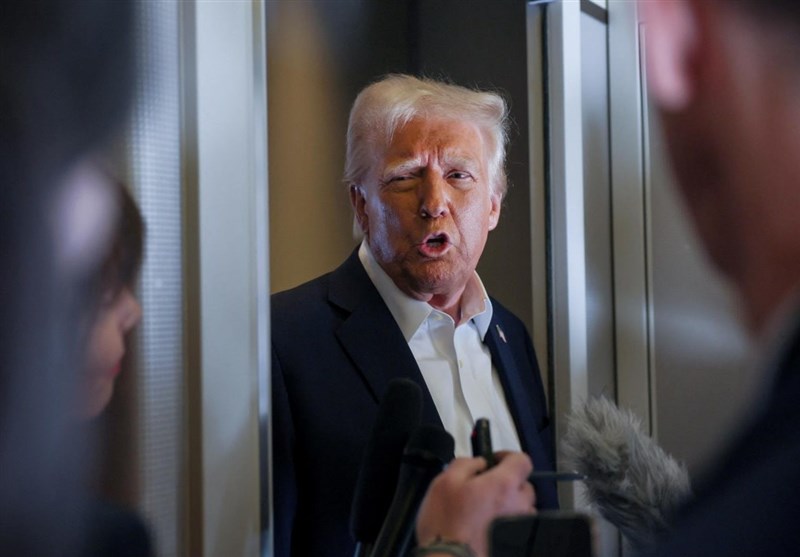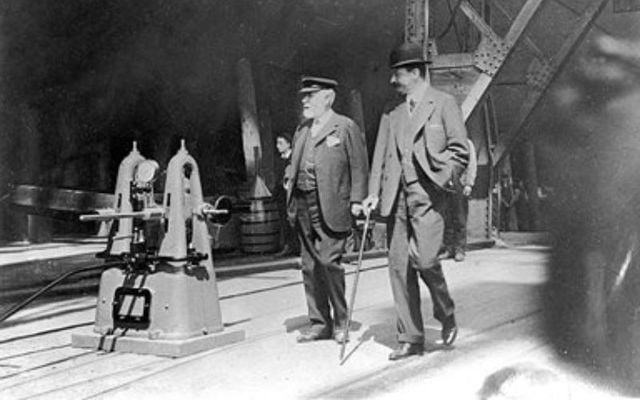With the mass layoffs and general upheaval going on currently at agencies within the Department of Health and Human Services, perhaps lost in the shuffle is a policy change that could have far-reaching consequences for the public at large. A three-page rule published in the Federal Register at the end of February and signed by the Secretary of HHS, Robert F. Kennedy Jr.
, ends the ability of public stakeholders to comment on many of the department’s policies regarding benefits, loans, grants and contracts. Kennedy appears to want to shut down public comments, despite vowing a “new era of radical transparency” upon assuming office. In defending the decision, Kennedy says public participation isn’t needed in many decisions, nor does he deem soliciting public commentary to be efficient.

Federal agencies have operated under the Administrative Procedure Act since 1946. This law requires them to hold a public comment period for all regulations except those related to topics such as benefits, loans, grants and contracts. However, what is known as the Richardson waiver from 1971 nullified these exemptions.
In effect, this meant that anyone could view HHS’s notices on the publicly available Federal Register and give input. Stakeholders such as healthcare providers and patient groups have frequently taken the opportunity to offer perspectives on draft decisions and rules issued by HHS. Typically, HHS issues a notice of proposed policies and then allows a period, usually 60 days, for interested and affected parties to provide feedback on how the decision or rule would impact them and what they’d like to see revised in a final rule or guidance.
But Kennedy’s move now limits citizens from sharing their opinions or expertise with the agency.* Removing opportunities for public commentary could impede the department’s ability to operate in the public’s interest, according to experts who spoke with Reuters . Agencies under HHS, including the Centers for Disease Control and Prevention, Food and Drug Administration, National Institutes of Health and the Centers for Medicare and Medicaid Services, can now move forward with certain policy changes without public input.
Though Medicare is exempt from the change instituted by Kennedy, Medicaid is not. Should HHS wish to pursue work requirements for Medicaid recipients, for example, it could do so more easily without the public’s input. Policy analysts suggest that together with Congress, the second Trump administration could seek to restrict Medicaid eligibility by imposing work requirements .
At different junctures between 2017 and 2020, the first Trump administration proposed tying eligibility to employment as it encouraged state Medicaid agencies to experiment with work requirements. And now House Republicans are considering making Medicaid coverage contingent on working, volunteering or engaging in educational activities for a minimum number of hours. Similarly, HHS could redesign NIH funding rules concerning research grants, targeting indirect costs , for instance, without soliciting the public’s feedback.
There’s consensus across the political spectrum on the virtues of engaging the public by allowing commentary on decisions that impact them. Conservatives have urged organizations and individuals on the political right to submit public comments on certain rules proposed by federal agencies. And liberals have argued about the need for holding officials and government agencies accountable for their decisions.
[On a personal note, reading through public comments on proposed rule changes has informed my healthcare policy research, as I try to gauge implications for key stakeholders.] Then there’s the issue of consistency. One of Kennedy’s pledges prior to his securing confirmation as Secretary of HHS was to “radically” bolster transparency.
As STAT News reported , despite this promise Kennedy’s moves suggest anything but a more transparent approach to running the agency. Blocking public input and shuttering most communications departments within HHS as part of the mass layoffs portend a far from open way of dealing with stakeholders and ordinary citizens. Democratic lawmakers have raised the alarm regarding Kennedy’s comment policy rollback.
They’re worried about its purpose being to stifle opposing views. And, though unrelated to the public comment policy change, the resignation letter issued last week by the FDA’s then top vaccine regulator, Peter Marks, indicates how a constructive back-and-forth dialogue may not be possible in the current set of circumstances, According to STAT News , Marks wrote that "it has become clear that truth and transparency are not desired ..
. [ RFK Jr.] In this vein, having transparent discussions and eliciting the views of the public can be seen as critical for establishing trust, not only among the nation’s citizenry and parties affected by regulatory guidance, but also the employees who work in the various agencies housed within the Department of HHS.
* Kennedy’s change in policy does not affect Medicare, which has separate legal rules regarding public input..
Technology

RFK Jr. Ends Public Comment On HHS Policies, Conflicts With Promised Transparency

RFK Jr. ends ability of stakeholders to comment on certain HHS policies, despite public commentary being critical for establishing the public's trust.















